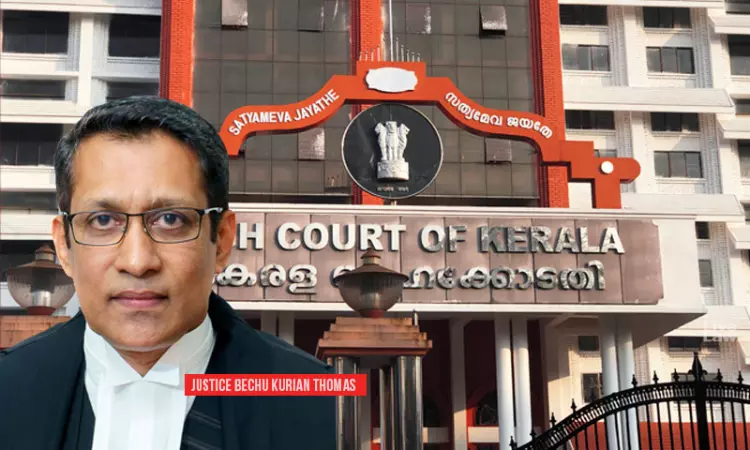Enacting Laws In English Will Not Deter Growth Of Regional Language: High Court To Kerala Govt
Navya Benny
25 Nov 2023 10:41 AM IST

Next Story
25 Nov 2023 10:41 AM IST
The Kerala High Court on Friday emphasized the need for publishing statutes and rules in English language, as envisaged in Article 348(3) of the Constitution. Article 348(3) permits usage of any local language other than English for use in the Legislature of the State but requires that a translation of the same in the English language be published under the authority of the Governor of the...
